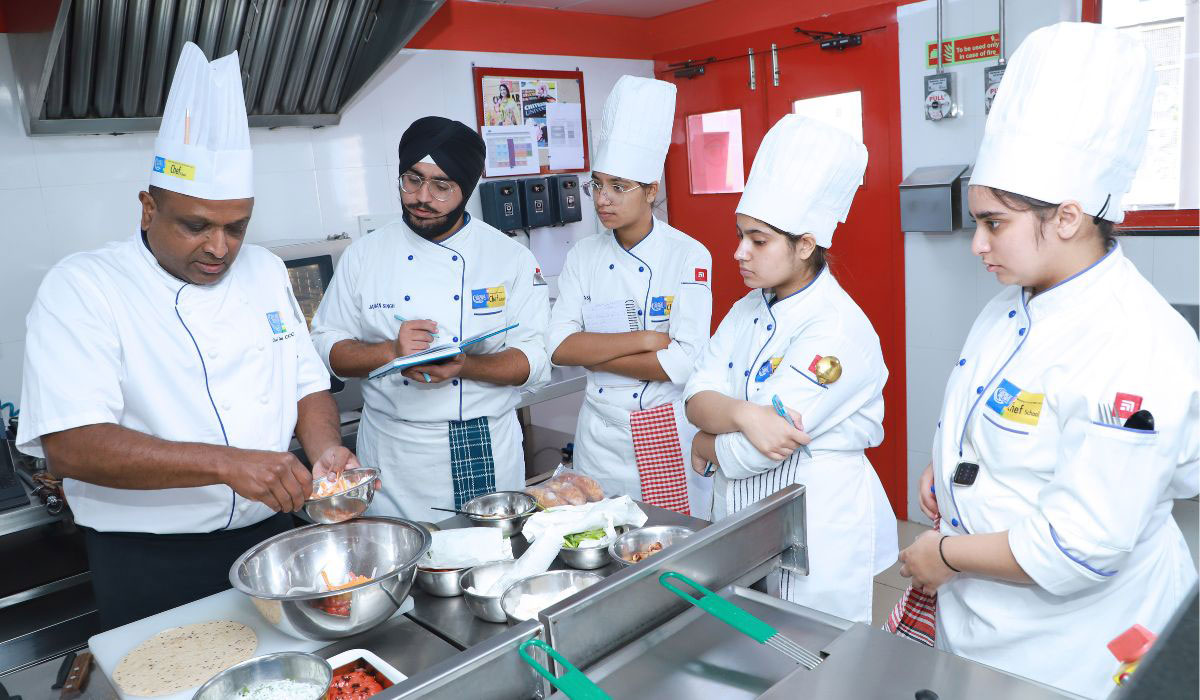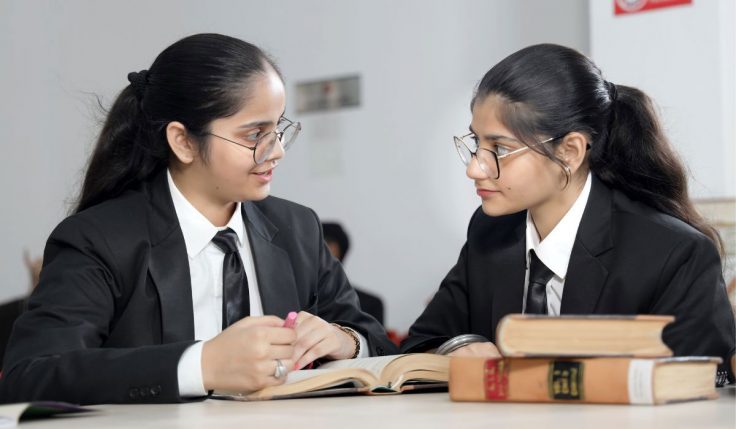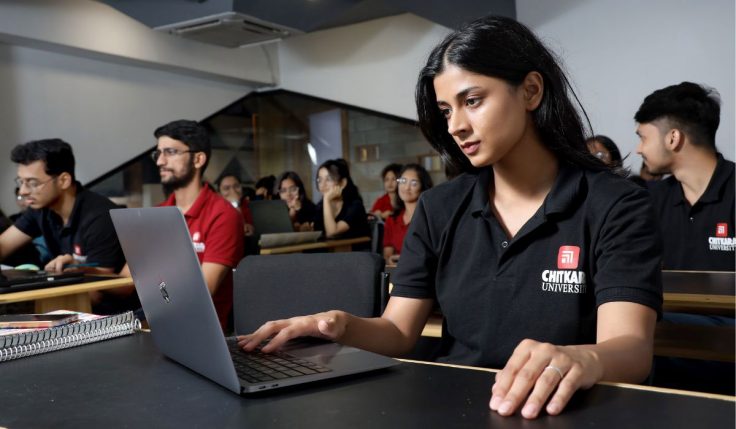Experiential learning is the bedrock of hospitality education. In the last few years, with the demand for talents who can be easily integrated into operations increasing, the onus on institutions offering hospitality programs has proportionately increased to mould students to match this requirement. Albeit a few have been able to live up to the industry demand.
As quoted by Sonya Teclai, songwriter and recording artist, “Life is all about perception. Positive versus negative. Whichever you choose will affect and more than likely reflect your outcomes.”
Here there are no negatives, but a perception that becomes the basis for structuring a curriculum weaved with experiential learning methods. The perception of experiential learning in hospitality education is that students should be given opportunities to be part of events, contributing to different services and food production, which helps them apply their in-classroom acquired knowledge in real-life scenarios. This is logical and essential to sharpening their skills, but not enough.
Experiential learning is not limited to the application of knowledge in real-life scenarios; it also includes one’s ability to contribute to a team and understand the relevance of teamwork. Being culturally sensitive, in hospitality operations, it is natural to find oneself working in a team comprised of members from varied cultural backgrounds. It is essential to understand that cultural or religious background must be respected; however, when working as a team, an individual team member’s cultural and religious background holds no relevance in comparison to the larger outcome of the effort put in by the team, which is to create a delightful experience for a guest. It will be a guest who has been offered a beyond-expectation experience and at the end of it all felt there was value for money in the service rendered, more likely to give positive reviews on social media and otherwise. In any operational scenario, depending on the circumstances, problems arise, which can be complex in many ways. The ability to find a solution that is conducive to ensuring smooth continuity of operations is a nurtured facet, which can be facilitated through discussions of case studies, encouraging critical thinking. This facilitation process can be planned over some time by applying a structured approach.
In addition, it is necessary to possess the ability to articulate your thoughts across any hierarchical structure, both in written and verbal form. To sum up, in addition to subject knowledge imparted through classroom engagement, experiential learning methods must support students:
- Ability to contribute as a team player
- To respect cultural and religious backgrounds
- Development of problem-solving capacity
- To articulate their thoughts with clarity.
Primarily, these facets will lay the foundation for taking on leadership roles. The individuals’ knowledge about technology and its application in the present scenario is a given; alternatively, this can also be considered a skill to be developed. Students or aspirants who are looking forward to building a career in the hospitality and service industries must be nurtured by applying the above-mentioned elements of experiential learning.
Also Read: The Future of Hospitality: 5 Influential Realities to Watch
Hospitality Pathway at Chitkara University
The structure of hospitality programs offered at Chitkara University starts with building a foundation and imparting technical knowledge in the core operational areas of hotel operations in the early semesters. Higher semesters are mindfully designed to provide inputs in hospitality and service operations with opportunities for the application of technical knowledge through hands-on learning cycles. Students are provided avenues where they can participate in on-campus events, working with the industry-trained University Service Team. This team, led by a well-seasoned senior industry professional, ensures the students are exposed to operational challenges, which allows them to devise, apply, and generate a positive outcome when faced with a situation, working as a team. There is a laid-down response system wherein there is a dialogue between this operational service team and the academic faculties, which helps identify students who need more guidance and even counseling. In addition, starting in the early semesters, students pursuing hospitality programs at Chitkara University undergo training sessions in communication and image building. These engagements are facilitated by professionals and are not just a mere communication class. Students are divided into small groups and are consistently worked on to improve their traits and ability to articulate with clarity. Considering the diversity of the hospitality and service industries, the in-house university counselors sensitise students to the necessities of how to transact in a multi-cultural team. In addition, students also get the opportunity to engage with students coming to Chitkara University on semester exchange programs from overseas educational institutions; this gives a huge impetus to their learning to respect different cultures and value systems.
At Chitkara University, our purpose is to not only attune hospitality education to a dynamic and experiential need but also ensure it catalyses you to become a leader in the field of hospitality.






